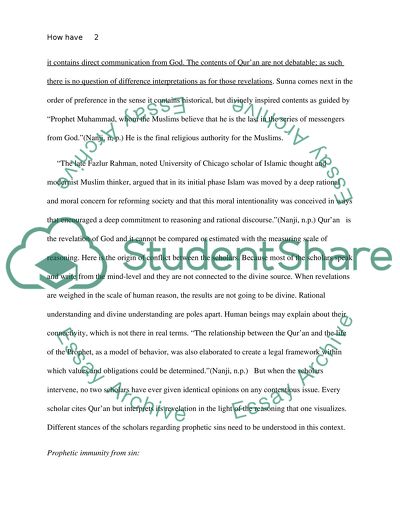Cite this document
(“How have groups of scholars cited the Qur'an to support their Research Paper”, n.d.)
How have groups of scholars cited the Qur'an to support their Research Paper. Retrieved from https://studentshare.org/religion-and-theology/1475221-how-have-groups-of-scholars-cited-the-qur-an-to
How have groups of scholars cited the Qur'an to support their Research Paper. Retrieved from https://studentshare.org/religion-and-theology/1475221-how-have-groups-of-scholars-cited-the-qur-an-to
(How Have Groups of Scholars Cited the Qur'An to Support Their Research Paper)
How Have Groups of Scholars Cited the Qur'An to Support Their Research Paper. https://studentshare.org/religion-and-theology/1475221-how-have-groups-of-scholars-cited-the-qur-an-to.
How Have Groups of Scholars Cited the Qur'An to Support Their Research Paper. https://studentshare.org/religion-and-theology/1475221-how-have-groups-of-scholars-cited-the-qur-an-to.
“How Have Groups of Scholars Cited the Qur'An to Support Their Research Paper”, n.d. https://studentshare.org/religion-and-theology/1475221-how-have-groups-of-scholars-cited-the-qur-an-to.


